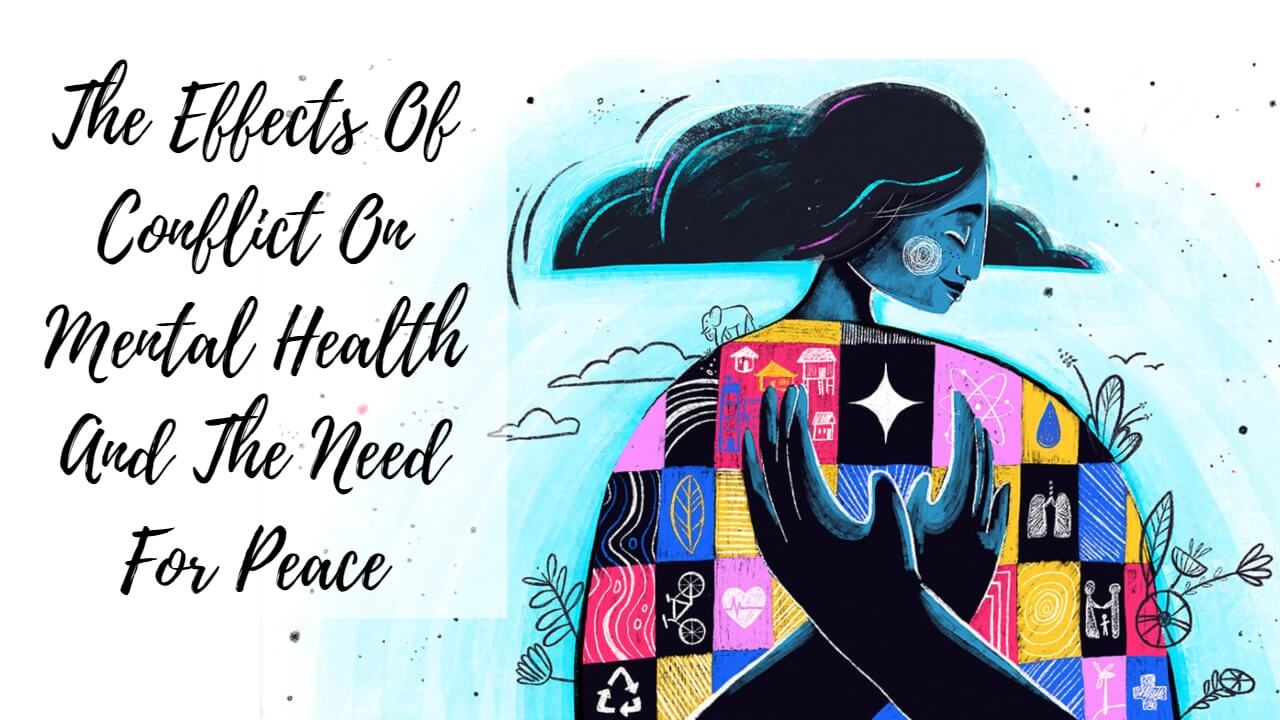

Conflict may have a particularly negative impact on mental health in children and adolescents, who are still developing their cognitive and emotional talents. Exposure to violence and trauma can have a long-term influence on their capacity to develop connections, trust people, and live a satisfying life.
Aside from the direct impacts of violence, the relocation and loss of homes, employment, and communities that frequently accompany conflict can lead to mental health issues. People who are forced to quit their homes may feel lonely, alone, and hopeless, which can lead to depression and other mental health problems.
It is impossible to overvalue the significance of peace in avoiding and resolving the impacts of conflict on mental health. Individuals in tranquil cultures are more likely to feel comfortable, supported, and powerful, which can aid in the prevention or worsening of mental health disorders.
To attain peace, the basic causes of war, such as poverty, injustice, and prejudice, must be addressed. This will need a coordinated effort on the part of governments, international organizations, and civil society to develop inclusive and equitable communities in which everyone has the chance to live a full life.
Finally, conflict may have a terrible effect on mental health, particularly in children and young people. Peace is thus required to safeguard and promote mental health, as well as to establish a world in which everyone has the chance to develop.
Also Read: How Does Too Much Office Work Affect Your Mental Peace?
In today's article, we will learn the importance of happiness and how to maintain it…
Today, we will look at three common mistakes couples make in their relationships regarding intimacy…
In this article, we will learn about the simple ways that can help one overcome…
Check out the list of couples' biggest relationship mistakes in this article.
In this article, we will learn about anxiety and how one can handle it in…
In this article, you will understand the horrifying effects of child abuse.